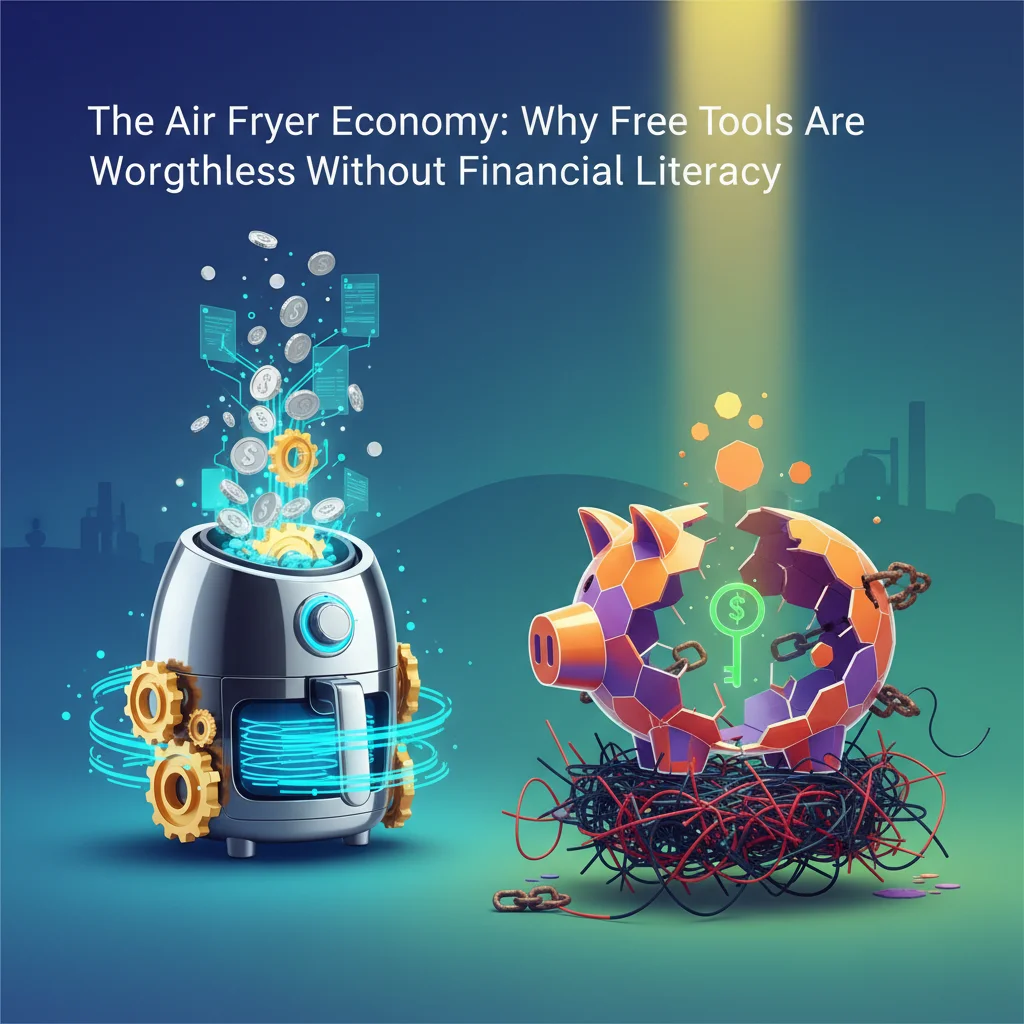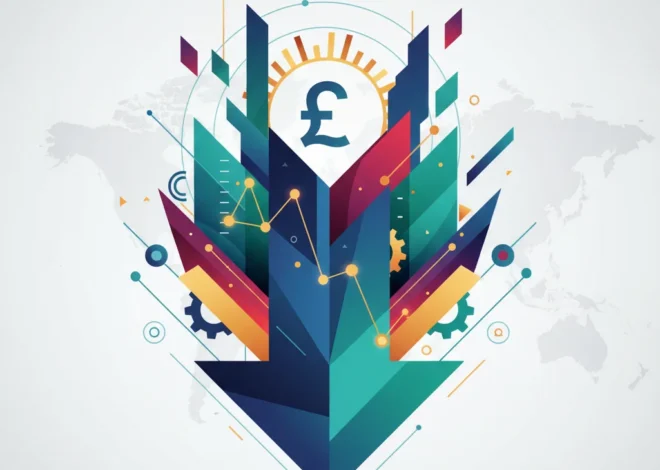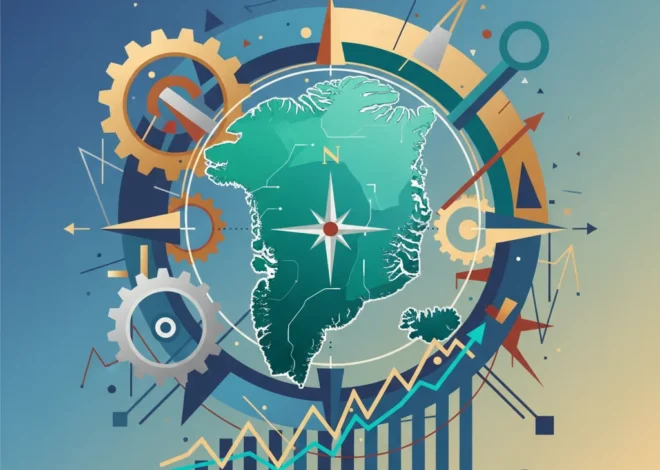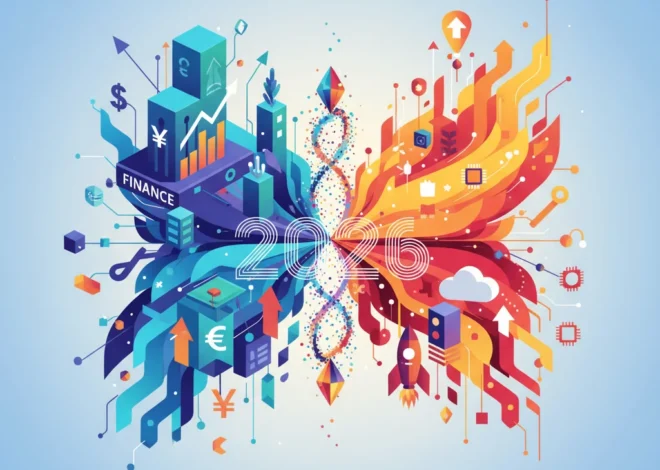
The Air Fryer Economy: Why Free Tools Are Worthless Without Financial Literacy
The Unlikely Economic Parable of the North Lincolnshire Air Fryer
In the quiet corners of North Lincolnshire, an interesting local initiative has recently unfolded. Thousands of air fryers, the trendy kitchen gadget promising healthier meals with less energy, have been distributed for free to pensioners and families. This move, aimed at combating the rising cost of living, is being followed up with something arguably more valuable: cooking classes. According to the BBC, the goal is to ensure residents don’t just own the new technology, but know how to use it effectively.
At first glance, this is a heartwarming local news story. But look closer, and it serves as a powerful and surprisingly accurate metaphor for one of the most significant transformations in the global economy today: the democratization of finance. For the past decade, we have witnessed a massive “giveaway” of sophisticated financial tools. Commission-free trading apps, robo-advisors, and one-click crypto exchanges have been handed out like digital air fryers to the global population. This revolution in financial technology, or fintech, has promised to level the playing field, making the once-exclusive world of investing accessible to everyone.
But just like an air fryer left in its box, a powerful financial tool is useless—or even dangerous—without the knowledge to wield it. The North Lincolnshire council instinctively understood that the tool itself is only half the solution. The real value, the true empowerment, comes from the “cooking class.” This raises a critical question for investors, policymakers, and leaders in the banking industry: As we continue to flood the market with revolutionary financial tools, are we remembering to provide the instruction manual?
China's Mineral Chokehold: A Weapon Against the Global Economy or a Self-Inflicted Wound?
The Proliferation Phase: Handing Out the Financial “Air Fryers”
The last decade in fintech can be characterized as a relentless land grab, fueled by venture capital and a desire to onboard millions of users. The primary strategy was to eliminate friction and cost, effectively giving away the keys to the stock market. This “free air fryer” model manifested in several key ways:
- Commission-Free Trading: Platforms like Robinhood and eToro removed the per-trade fee, a barrier that once kept small-scale investors on the sidelines. Suddenly, buying and selling stocks became as easy and cost-free as ordering a pizza.
- Fractional Shares: The inability to afford a full share of a high-priced stock like Amazon or Berkshire Hathaway was a significant hurdle. Fintech platforms dismantled this by allowing users to buy small slices of shares, democratizing access to blue-chip companies.
- Robo-Advisors: Sophisticated portfolio management, once the preserve of high-net-worth individuals, was automated and offered at extremely low costs. Algorithms could now build and maintain a diversified portfolio based on a simple questionnaire.
- Cryptocurrency Exchanges: The rise of blockchain technology brought with it a new asset class. Exchanges like Coinbase and Binance made buying Bitcoin or Ethereum as simple as creating a social media account, opening up a volatile but potentially lucrative market to the masses.
This technological push has had a profound impact. A 2022 report indicated that over 65% of Americans now use some form of digital banking or fintech app for their financial management (source). This mass distribution of tools has been hailed as a triumph for financial inclusion. However, this is only the first chapter of the story. The second, more complex chapter deals with the consequences of putting high-powered equipment into untrained hands.
When Good Tools Lead to Bad Outcomes: The Missing “Cooking Classes”
Giving someone an air fryer without instructions can lead to burnt dinners and a neglected appliance. Giving millions of people frictionless access to speculative financial markets without adequate education can lead to something far worse: devastating financial losses. The meme stock frenzy of 2021 is a perfect case study. A surge of new retail investors, armed with commission-free trading apps and social media hype, piled into stocks like GameStop and AMC. While some early movers made fortunes, a vast number who joined late suffered significant losses when the bubble burst (source).
This phenomenon isn’t a failure of the technology itself; it’s a failure of education. The core principles of sound investing—diversification, long-term thinking, risk management, and understanding fundamentals—were largely absent from the conversation. The focus was on the tool’s capabilities (instant trades, market access) rather than the user’s capabilities (financial literacy, emotional discipline). This educational gap is the most significant risk in the modern financial ecosystem.
We can contrast two approaches to financial innovation using the table below, highlighting the critical role of user education.
| Aspect | “Tool-First” Approach (The Giveaway) | “Education-First” Approach (The Cooking Class) |
|---|---|---|
| Primary Goal | User acquisition and market share | User success and long-term wealth creation |
| Key Metric | Number of app downloads; trading volume | Portfolio performance; user retention; financial literacy scores |
| User Experience | Gamified, frictionless, encourages high-frequency activity | Educational, contextual, encourages thoughtful decision-making |
| Potential Outcome | Speculative bubbles, herd behavior, significant user losses | Informed investing, sustainable growth, greater financial well-being |
| Real-World Example | Early-stage commission-free trading apps during the meme stock craze | Platforms integrating robust educational modules and risk warnings |
The future of responsible financial technology lies in shifting from the left column to the right. The industry’s long-term health depends not on how many people it can sign up, but on how many it can empower to make sound financial decisions.
The Billion-Dollar Bottleneck: Why Revolut's UK Banking License is Still on Ice
Building the Curriculum: The Future of Financial Education
So, what does a “cooking class” for the modern financial world look like? It’s not about a single course but a multi-layered ecosystem of learning integrated directly into the tools we use. The responsibility falls on multiple shoulders:
- Fintech Companies: The creators of the tools have the primary responsibility. Instead of just celebrating a user’s first trade, they should be providing interactive modules on diversification. Before a user invests in a highly volatile asset, there should be clear, unavoidable risk warnings and educational content explaining the potential downsides. The goal should be to transform platforms from digital casinos into comprehensive wealth-building copilots.
- Traditional Banking Institutions: Banks still hold a significant amount of consumer trust. They are uniquely positioned to be the “master chefs” of the financial world. By partnering with fintech firms or developing their own educational platforms, traditional banks can leverage their authority to teach the principles of economics and personal finance, helping customers navigate the complex new landscape of digital assets and trading.
- Regulators and Policymakers: Just as food safety standards exist for kitchen appliances, there must be robust standards for financial education. Regulators can mandate that financial service providers offer clear, unbiased educational resources. Initiatives to integrate financial literacy into school curriculums are essential for preparing the next generation of investors. Studies have consistently shown that early financial education leads to better financial outcomes in adulthood (source).
The rise of even more complex technologies, particularly in the blockchain and decentralized finance (DeFi) space, makes this educational imperative more urgent than ever. These systems offer unprecedented financial autonomy but come with steep learning curves and unique risks, such as smart contract vulnerabilities and irreversible transactions. Handing out access to DeFi protocols without a deep understanding of the underlying technology is the equivalent of giving someone a blowtorch to make toast.
Trade War 2.0? Unpacking the New US Tariffs on China and What They Mean for Your Portfolio
Conclusion: From a Free Appliance to a Valuable Skill
The simple act of a local council in North Lincolnshire giving away air fryers and then teaching people how to cook with them holds a profound lesson for the entire global financial industry. For too long, the focus has been on the shiny new tool—the app, the algorithm, the blockchain. We’ve celebrated access and disruption, measuring success by downloads and trading volumes.
But sustainable progress in the economy isn’t built on tools alone; it’s built on skills. True financial democratization isn’t just about giving everyone a free ticket to the stock market; it’s about teaching them how to read the map. The next great wave of innovation in finance will not be a new piece of technology. It will be the successful integration of education into that technology, ensuring that every user is not just a participant, but an informed and empowered investor. The challenge for every leader in banking, fintech, and policy is to stop just handing out air fryers and start opening up the cooking schools.


